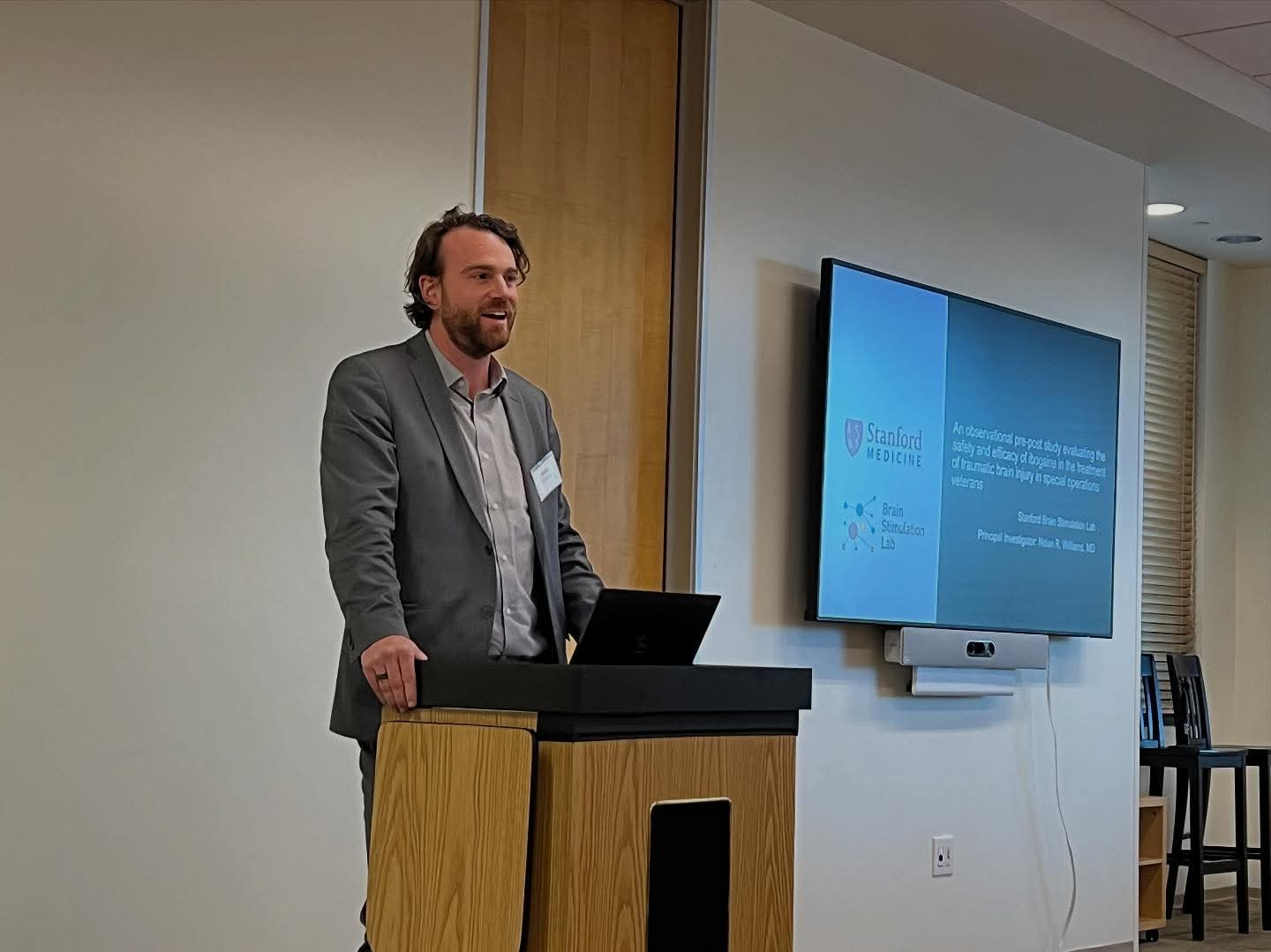Dr. Nolan Williams, South Carolina psychiatrist died by suicide after battling depression
Dr. Nolan Williams, South Carolina Psychiatry and Neurology died by suicide after battling depression for a long period of time. The medical and scientific community is mourning the heartbreaking death of Dr. Nolan Williams, a world-renowned psychiatrist, neurologist, and researcher, who tragically died by suicide after a long battle with depression. His untimely death has left an immeasurable void among his colleagues, patients, and the broader mental health field, where he was revered for his groundbreaking contributions to neuroscience and psychiatry.
Dr. Nolan Williams suicide
Dr. Williams was not just a brilliant scientist, he was a compassionate healer, a visionary thinker, and a devoted advocate for those battling mental illness. Through his pioneering research and dedication to helping others, he transformed countless lives and brought hope to patients suffering from treatment-resistant depression and neurological conditions. At Stanford University, Dr. Nolan Williams led the Brain Stimulation Lab, where he devoted his career to exploring rapid-acting treatments for depression and other neuropsychiatric disorders. His work redefined how clinicians approached mental illness, particularly through the development of innovative neuromodulation therapies.
One of his most significant achievements was the creation of the SAINT (Stanford Accelerated Intelligent Neuromodulation Therapy) protocol, an FDA-approved treatment that offered new hope for patients with severe, treatment-resistant depression. The SAINT method has been widely recognized as one of the most promising advances in psychiatry, helping individuals achieve remission when other treatments failed. Dr. Williams’ curiosity and courage to push scientific boundaries extended into the study of psychedelics and their potential to heal trauma. He launched the first-ever clinical study of ibogaine, a naturally occurring psychedelic compound, in U.S. military veterans suffering from traumatic brain injury and PTSD. His research focused on how a single treatment could transform mental health outcomes for those struggling with deep psychological scars, an initiative that inspired the global medical community and gave veterans new avenues of healing.
A Friend, Mentor, and Humanitarian
Beyond his academic brilliance, Dr. Williams was remembered by friends and colleagues as deeply empathetic, humble, and endlessly supportive. Dr. Williams’ tragic death serves as a painful reminder that even those who dedicate their lives to healing others can struggle silently. His passing highlights the urgent need to continue breaking the stigma surrounding mental illness and ensuring that mental health professionals also receive the care and support they need. Through his life’s work, Dr. Williams inspired a generation of researchers and clinicians to reimagine what’s possible in neuroscience. His breakthroughs in brain stimulation and psychedelic therapy will continue to shape the treatment landscape for years to come, offering hope to millions who face depression and other psychiatric disorders.
Dr. Nolan Williams obituary
As friends, colleagues, and patients reflect on Dr. Williams’ remarkable life, they remember a man who gave everything to advance science and heal others. His compassion, brilliance, and humanity made him not just a respected doctor, but a beloved friend and mentor to many. While his life was tragically cut short, his vision for a future where mental illness is understood, treatable, and free from stigma remains alive. His family, colleagues at Stanford, and the global mental health community will continue his mission ensuring that his legacy of hope, healing, and innovation endures.
Rest in peace, Dr. Nolan Williams.
Your light and life’s work will forever illuminate the path toward a better understanding of the human mind and a more compassionate world for those who suffer in silence. If you or someone you know is struggling with depression or suicidal thoughts, please reach out for help. In the U.S., you can call or text 988 to reach the Suicide and Crisis Lifeline for free, confidential support 24/7.

